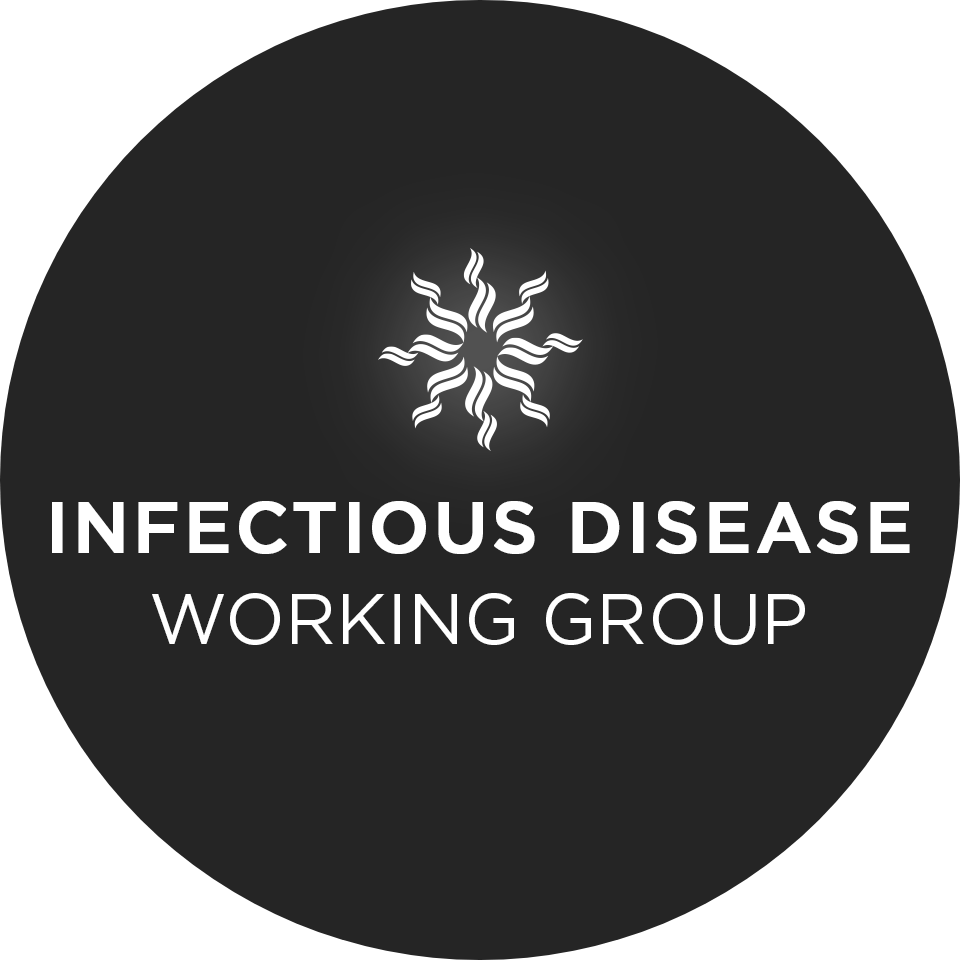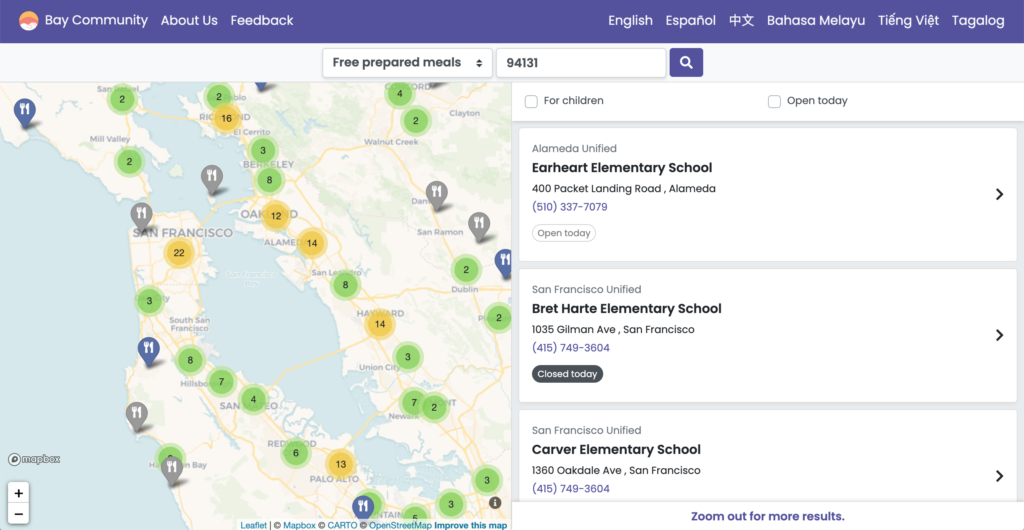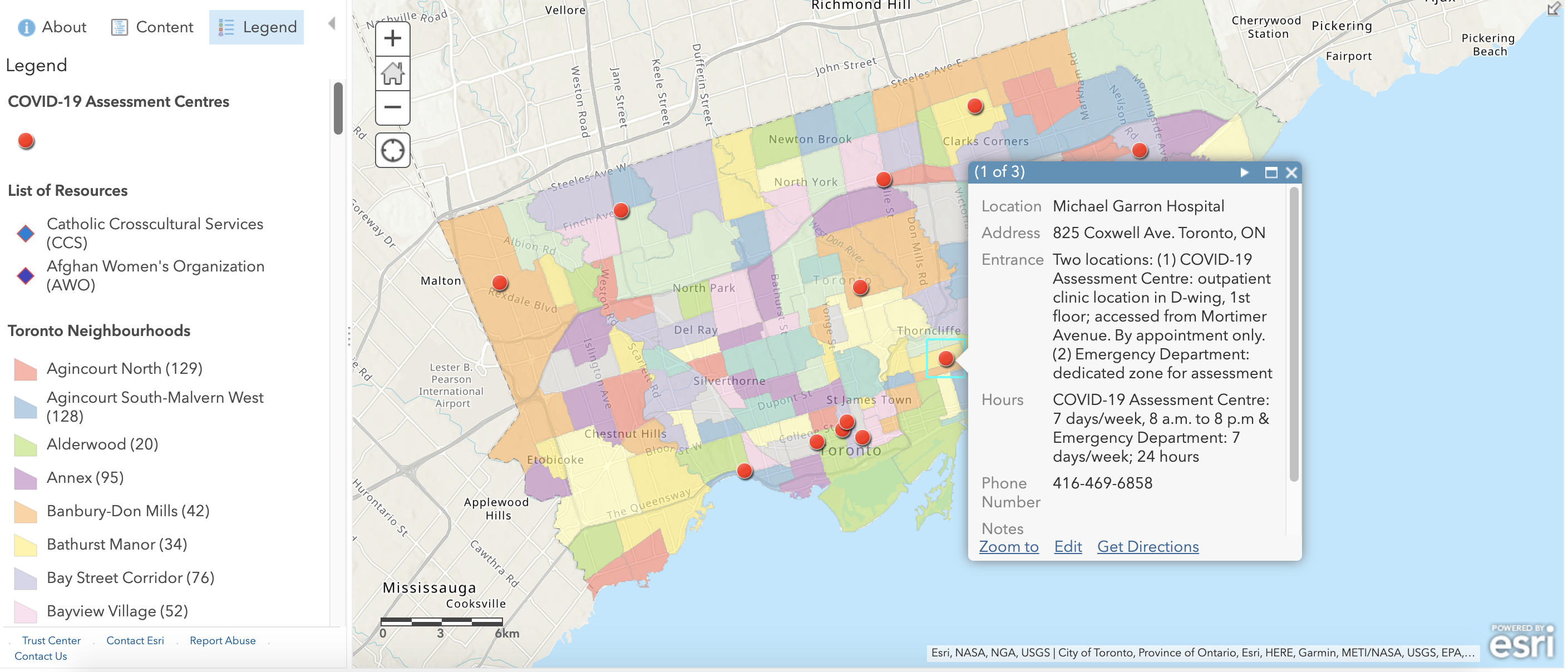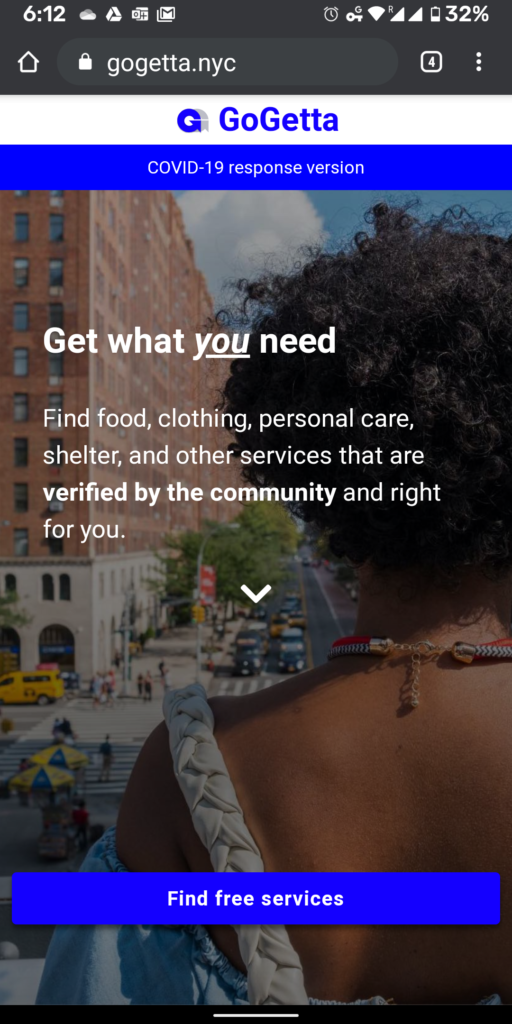With the world in crisis due to the COVID-19 pandemic, health, human, and social service providers face a harrowing dilemma: need is skyrocketing, even as providers’ ability to actually help is severely compromised. Many institutions have struggled to respond or even closed down entirely – while many new efforts to meet communities’ needs have emerged with astonishing speed.
We’ve seen a wave of new efforts to connect people with information about resources — and, in many cases, these new projects quickly ran into some of the same challenges that the information-and-referral sector has been grappling with for years. Information about the availability of community resources is often harder to find – and harder to trust – than one might expect.
Some of the best instances of rapid action have emerged in places where different kinds of organizations can work together to respond in new ways. This is where Open Referral comes in handy. By facilitating cooperation among organizations that maintain and use information about the resources available to people in need, we make it easier for community leaders to respond to rapidly changing circumstances in ways that make the most out of limited time and resources.
Below, we’ve collected a range of examples of new initiatives from across our network. The breadth of experiences is impressive: in some cases, new initiatives are presenting simplified versions of complex resource data to present for a specific context. In other cases, simplified sets of resource data are being shared with more complex systems, which augment them with local knowledge from end users. And in all cases, we can see a balance between the need to respond to this particular extraordinary moment, with a long-term vision of transformed systems.
Toronto’s ReConnect synthesizes mutual aid with social services
 The Infectious Disease Working Group (IDWG) is an initiative led by an interdisciplinary team of students from the Dalla Lana School of Public Health at the University of Toronto.
The Infectious Disease Working Group (IDWG) is an initiative led by an interdisciplinary team of students from the Dalla Lana School of Public Health at the University of Toronto.
“A lot of us were working in frontline community settings when the pandemic hit Toronto,” says Joseph Burley, a member of the IDWG’s Community Engagement Team who helped initiate the project. “As our organizations struggled and adapted to continue providing services, we were struck by the mutual aid efforts springing up to fill the gaps in our city’s COVID-19 response. As a team we recognized almost immediately that these resources, alongside more formal programs and services, needed to be aggregated and made more accessible to those most in need.”
IDWG developed ReConnect to streamline the navigation of these resources for GTA residents in conjunction with public health operations in the region.
Motivated by concerns voiced by local communities in the Greater Toronto Area, the ReConnect facilitates users in finding local resources in their respective neighbourhoods, including both public programs alongside community-led initiatives that are responding to the unique needs of those who are most impacted by the COVID-19 pandemic. Resources are organized by types of services that the IDWG have found to be particularly important in this crisis (e.g income support, mental health, employment, childcare, etc) and priority population groups.
Through Open Referral, IDWG connected with 2-1-1 Ontario, which has developed the first standardized “Open211” open data platform. 2-1-1 Ontario, in partnership with Findhelp | 211 Central, now provides updated data about public programs and social services, which IDWG curates and presents through its ReConnect tool.
Through this partnership, both institutions are able to play through their strengths: Ontario 2-1-1 maintains reliable data about health, human and social services, and shares it with IDWG, which curates it alongside information about emergent mutual aid efforts, as part of the IDWG’s broader public health strategy.
At the same time, the IDWG is also using this data to visualize patterns of resource allocation and disparities across the city — and to advocate for change. Through their work, they’ve found that areas outside the downtown core had fewer resources and services but higher rates of COVID-19 cases.
“If you look at these areas in Toronto where there are fewer resources but greater COVID-19 case rates, they are also the neighbourhoods with a higher proportion of Black and racialized communities, a higher proportion of low-income earners and unsuitable housing, higher rates of chronic illness and poor mental health,” said Harsh Naik, Co-Founder and Director of Events of the IDWG, in a recent interview about the project. “This is clearly systemic racism permeating through our city that the government needs to address.”
Stanford Data Lab’s Bay Area Community Resource leveraging volunteer networks using Open Referral’s Airtable
 Students affiliated with the Stanford Data Lab and Stanford Journalism developed the Bay Area Community resource locator as a volunteer project. In the beginning of the COVID-19 closures, the team started off by maintaining a Google Map of school meal pick-up locations — which gained over 400,000 views within two weeks after launch. The project quickly began to expand, and now houses over 6000 rows of resources throughout the Bay Area and beyond, comprising food stamp-accepting retailers, free meal resources and free mental health, medical and legal resources.
Students affiliated with the Stanford Data Lab and Stanford Journalism developed the Bay Area Community resource locator as a volunteer project. In the beginning of the COVID-19 closures, the team started off by maintaining a Google Map of school meal pick-up locations — which gained over 400,000 views within two weeks after launch. The project quickly began to expand, and now houses over 6000 rows of resources throughout the Bay Area and beyond, comprising food stamp-accepting retailers, free meal resources and free mental health, medical and legal resources.
“This whole crisis has really shown a deeper level of connection to each other, but also a different level of generosity and kindness.”
When #COVID19 hit, students across Stanford banded together to help vulnerable populations access free food, medical help and legal assistance. pic.twitter.com/A4l2rRjbVW
— Stanford University (@Stanford) June 29, 2020
The team has over 70 volunteers from the Bay Area, including undergraduate and graduate students at Stanford and UC Berkeley, high school students as well as members of the public. Several volunteer ‘resource coordinators’ are each responsible for maintaining a category of resources, whether it’s cash assistance, health resources, or food resources — and work with a team of data entry volunteers to verify records in that category.
The team has found this model is a challenge to sustain, especially as volunteers are grappling with internships, full time jobs and the eventual start of school in the fall, and energy around response to the crisis begins to wane. To that end, the project has taken steps to keep volunteer efforts sustainable, including efforts to improve workflow, while developing partnerships with other organizations – and adopting standards for sharing resourcedata.

“The most meaningful partnerships we have had are with organizations in the food insecurity space, particularly No Kid Hungry,” says project lead Joyce Tagal. “Along with a sister organization, unBox, we were able to use our updated, volunteer-verified data to support NKH’s Bay Area meals database. Because of our amazing volunteers, we are able to maintain a level of data quality and verification which other organizations are unable to do.”
When the Bay Area Community resource team connected with Open Referral, their volunteers were entering and verifying data into 6 different Google sheets, which were then automatically synced to a CARTO database, and then displayed on a Mapbox basemap. (The code for the website is available on BAC’s Github repo.) The team is now migrating to the Open Referral Airtable as a ready-made, customizable content management system — an improvement over the Google sheets within which they were managing resource data.
The team is also exploring partnerships with local resource data maintainers, in hopes that they might align their crowdsourcing capabilities, and data engineering talent, together with local information-and-referral specialists.
Streetlives NYC introduces the open source GoGetta
 Streetlives is an initiative based in New York City, which we have featured here on Open Referral’s blog before.
Streetlives is an initiative based in New York City, which we have featured here on Open Referral’s blog before.
Streetlives specializes in facilitating the sharing of information among people who use services themselves — especially people experiencing homelessness. Their product to date had only ever been used privately among a core group of users and providers. In response to the pandemic — and in partnership with the US Digital Response — they rapidly developed and released a public-facing platform called GoGetta.
“Our data gathering platform was designed to be used on-site, in person, which suddenly became practically impossible during lockdown,” says Streetlives founder Adam Bard. “Also, information is changing a lot and our users know that, so data on service provider operations are less trusted. So we’ve retooled our data gathering system so that our Street Team can verify information in various ways, from direct calls, mailing lists, public datasets, and other digital channels — to partnerships with third-party organizations” like the Hunter College NYC Food Policy Center, which is providing data on food resources that Streetlives’ team transforms into Open Referral’s HSDS in order to then load into GoGetta.
In response to the needs expressed by Streetlives’ user community, GoGetta has a special design focus on presenting users with information about services that are open right now, or virtually accessible at all times.
“Right now, people are not necessarily exploring new services. If you can’t walk there, you’re not going to go. The most fundamental question during the pandemic is can I find help in my neighborhood, or not?” says Adam.
He adds that they’ve also heard from their users that it’s more important than ever to know when a record was last updated: “So we’ve been focusing on data freshness — like adding a timestamp to indicate how recently the record was verified.”
Early metrics for GoGetta have delivered very positive signs. For example, 60% of all site visitors follow through to access details about at least one service — and of that group, 27% of users select an option to contact providers — through a call, directions to their location, or by redirection to their website.
Jha’asryel-Akquil Bishop, Streetlives’ Director of Communities, describes their approach to engaging users in every step of the design process as a matter of equity — and smart strategy: “Feedback is a constant thing with our community so we’re able to build in a way that centers them while also communicating about our capacity and set expectations.”
Anyone can see or even redeploy the code used by Streetlives and GoGetta – it’s open source software, available here.
More importantly, their process of community-led design is one that may benefit more initiatives to meet the vast need in this time of crisis. Reach out to learn more.
§
Let’s find new opportunities to collaborate in crisis.
Are you working on an initiative in response to this challenging moment of cascading crises? We’d be glad to feature your work — and, if possible, provide support of various kinds. Reach out to talk about it!



Leave a Reply